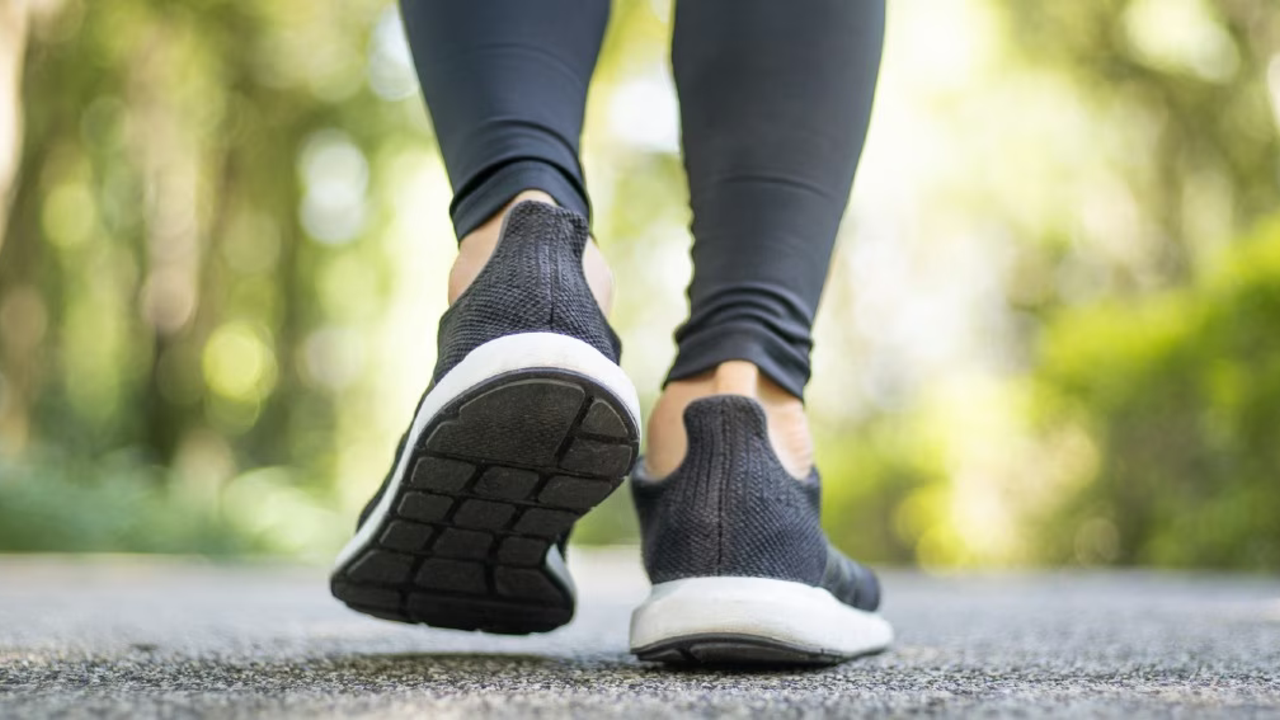

According to a new study, walking quickly contributes to a longer life: here’s how much and for how long you should do it to reap the benefits.
Certainly, having good genetics helps in living a longer life, but according to recent research, the chances of extending one’s lifespan increase with the pace of walking.
In other words, scientists have discovered that walking fast leads to a longer life.
The study in question examined the data of nearly 400,000 British citizens, followed for more than a decade, who were asked to classify themselves as fast walkers, slow walkers, or those with an average pace (based on specific parameters).
The results of the study, published in the scientific journal Progress in Cardiovascular Diseases, showed that people who consider themselves “fast walkers” have more than a quarter less chance of dying from cancer compared to those inclined to slow strolls.
Walking fast also reduces the risk of death from cardiovascular diseases by about 60% and the risk of death from any other health-related cause by 70%.
Not just for a longer life, walking fast is beneficial for many different things.
Fast Walking: All the Health Benefits
Walking with a brisk pace is a low-impact physical activity that offers numerous health benefits. If practiced regularly, this activity can significantly improve physical and mental well-being, contributing in various ways to overall health.
First and foremost, walking fast is an excellent way to maintain weight and burn calories. By increasing the intensity of your pace, it is possible to accelerate metabolism and promote the loss of body fat.
Furthermore, brisk walking improves cardiovascular health by making the heart work more efficiently, increasing circulation, improving blood pressure, and strengthening the muscular and skeletal systems by engaging muscles in the legs, thighs, and glutes.
Fast walking increases lung capacity and the transport of oxygen to tissues, resulting in greater energy and endurance during daily activities.
Not only that, but physical exercise, such as walking, stimulates the production of endorphins, known as the “happiness hormones.” This can help reduce stress, anxiety, and depression, promoting a better mood and increased mental clarity.
To achieve significant benefits from brisk walking, it is advisable to walk at least 30 minutes a day, five days a week.
**What to Eat for an Extended and Healthy Lifespan**
**12 Healthy Snacks To Have With You At All Times**













